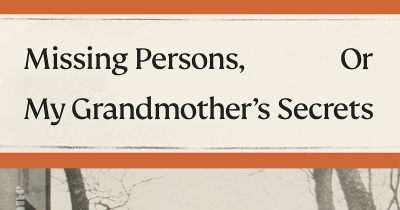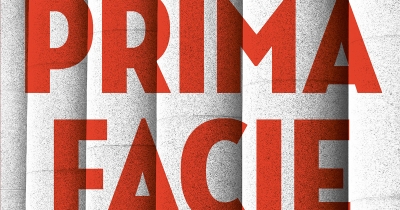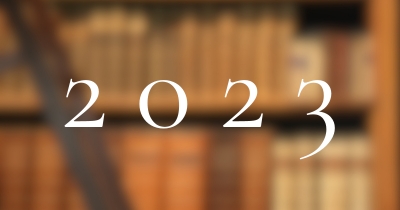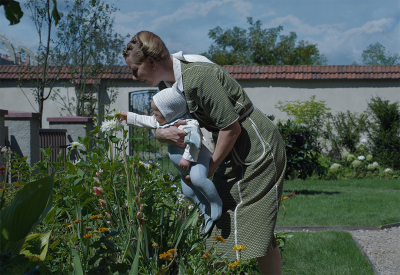Diane Stubbings
Watching the denouement of Melbourne Shakespeare Company’s Hamlet, I was reminded of David Edgar’s 1980 stage adaptation of Charles Dickens’s The Life and Adventures of Nicholas Nickleby. Ensconced within the travelling theatrical company of Mr Vincent Crummles, Nicholas and his hapless companion Smike are cast in a production of Romeo and Juliet, Smike as the apothecary and Nicholas (of course) as Romeo.
... (read more)In The Forever Wars: America’s unending conflict with itself – a searing account of the ways in which the seeds of Trumpism and the MAGA movement reach back to the first throes of American nationhood (reviewed for ABR by Timothy J. Lynch) – journalist Nick Bryant characterises the narrative by which America defines itself as ‘a story of unrivalled national success, shared values, common purpose and continual progress’. The American story was, and is, a ‘blurring of history and folklore … [that] didn’t ask too many troubling questions’; The United States was, and is, a nation that ‘lives and contests its history’ with an unrivalled level of ‘passion and ferocity’.
... (read more)To celebrate the year’s memorable plays, films, television, music, operas, dance, and exhibitions, we invited a number of arts professionals and critics to nominate their favourites.
... (read more)What the authors of these three wildly different books share is a gift for creating through language a kind of intimacy of presence, as though they were in the room with you. Emily Wilson’s much-awaited translation of The Iliad (W.W. Norton & Company) is a gorgeous, hefty hardback with substantial authorial commentary that manages to be both scholarly and engaging. The poem is translated into effortless-looking blank verse that reads like music. The Running Grave (Sphere) by Robert Galbraith (aka J.K. Rowling), the seventh novel in the Cormoran Strike crime series and one of the best so far, features Rowling’s gift for the creation of memorable characters and a cracking plot about a toxic religious cult. Charlotte Wood’s Stone Yard Devotional (Allen & Unwin, reviewed in this issue of ABR) lingers in the reader’s mind, with the haunting grammar of its title, the restrained artistry of its structure, and the elusive way that it explores modes of memory, grief, and regret.
... (read more)In Martin Amis’s novel The Zone of Interest (2014), Auschwitz Commandant Paul Doll asserts that to meet the objectives of the Reich it is necessary to ‘shut down a certain zone of the mind. I must accept that we have mobilised the weapons, the wonder weapons, of darkness.’ Doll is not a man seeking to absolve himself. Rather, he attempts to explain his dilemma, lamenting not so much the moral nightmare into which he has been thrust, but the bureaucratic one: how to balance the Reich’s need to exploit the prisoners for their labour with the desire to eradicate them as quickly and efficiently possible? ‘The Christian system of right and wrong, of good and bad,’ he muses, ‘is 1 we categorically reject … There are only positive outcomes and negative outcomes.’
... (read more)









